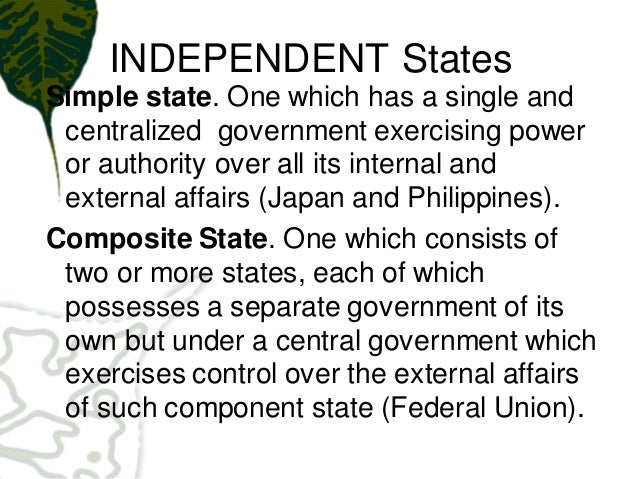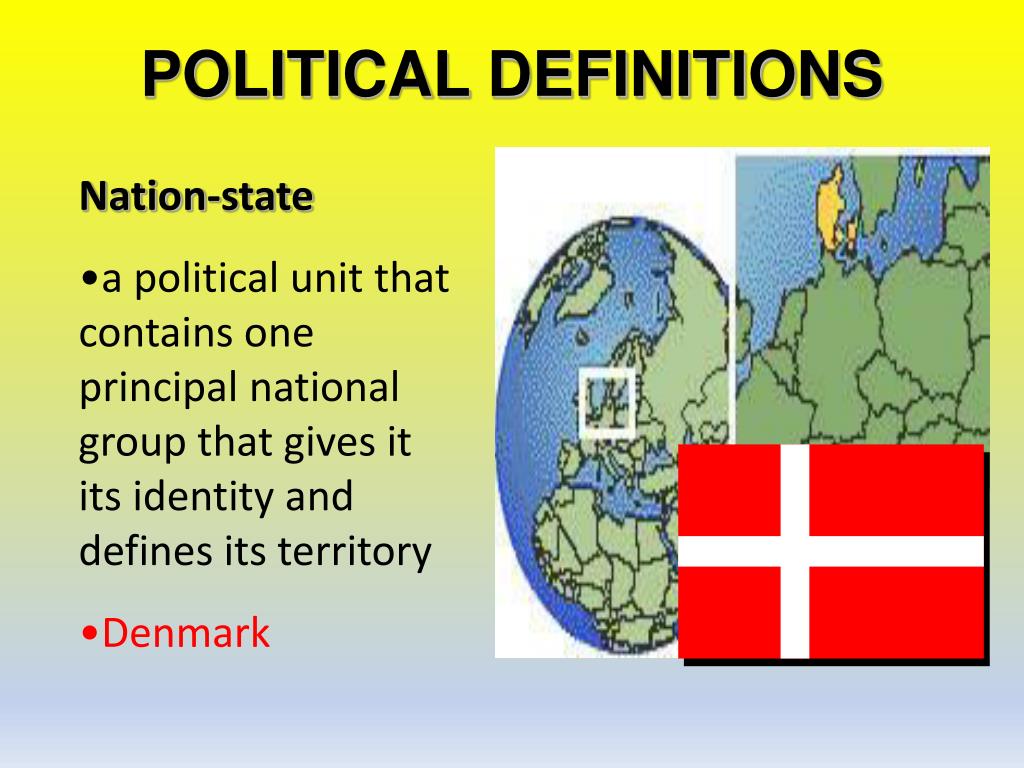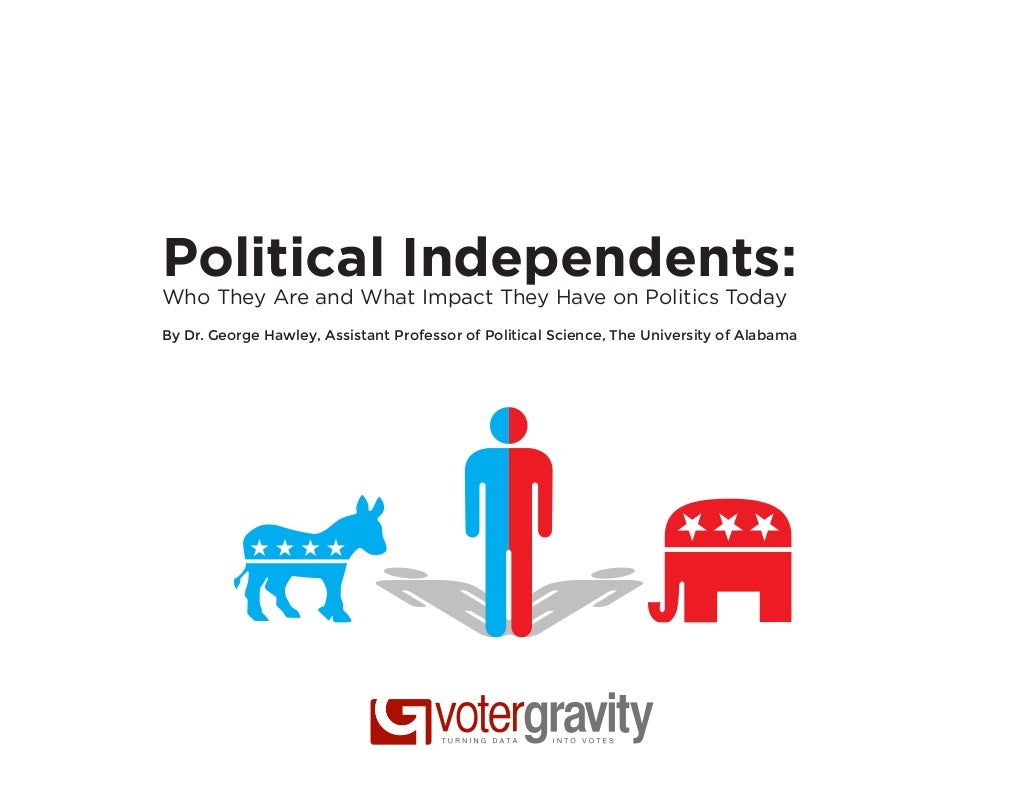
An independent political entity is a country or a state that is self-governing and has its own territory, government, and economy. The term "state" is often used interchangeably with "country" or "nation" and refers to a political entity that has sovereignty over a defined geographic area. States can be either independent or dependent, and their political status can vary widely depending on their relationship with other states and their level of recognition by the international community.
History of States

The concept of the state dates back to ancient times, when city-states such as Athens and Sparta emerged in Greece. In modern times, the idea of the state has evolved to include more complex political structures, such as federal states like the United States and Germany. The development of the modern state was closely linked to the rise of nationalism in Europe in the 19th century, as people began to identify more strongly with their national identity and demand self-governance.
Characteristics of States

There are several key characteristics that define a state, including sovereignty, territory, government, and population. Sovereignty refers to the state's ability to govern itself without interference from other states, while territory refers to the geographic area over which the state has control. The government of a state is responsible for making and enforcing laws, and the population of a state is made up of the people who live within its borders.
Types of States

There are several different types of states, including unitary states, federal states, confederations, and city-states. A unitary state is one in which power is concentrated in a central government, while a federal state is one in which power is divided between a central government and individual states or provinces. A confederation is a loose alliance of states or provinces that retain their sovereignty, while a city-state is a sovereign state that consists of a single city and its surrounding territory.
The Role of States in International Relations

States play a key role in international relations, both as actors in the international system and as members of international organizations such as the United Nations. States have the power to enter into treaties, negotiate with other states, and participate in international trade and diplomacy. They also have the responsibility to protect their citizens and promote their interests in the global arena.
Challenges Facing States Today

States today face a number of challenges, including economic inequality, political instability, terrorism, and climate change. These challenges require states to work together to find solutions and promote global cooperation. In addition, the rise of non-state actors such as multinational corporations and non-governmental organizations has added a new dimension to international relations, making it more complex and challenging.
Conclusion
An independent political entity or state is a complex political and social construct that has evolved over centuries. While the concept of the state varies widely across different cultures and historical periods, it remains a fundamental unit of analysis in international relations and a key actor in the global arena.